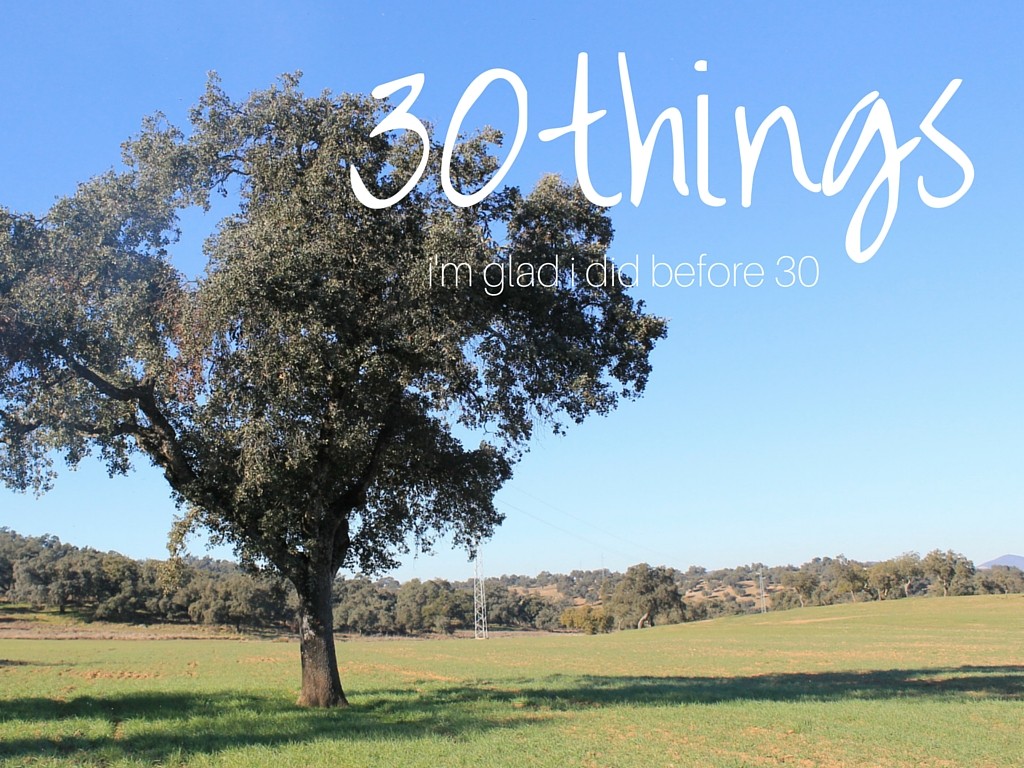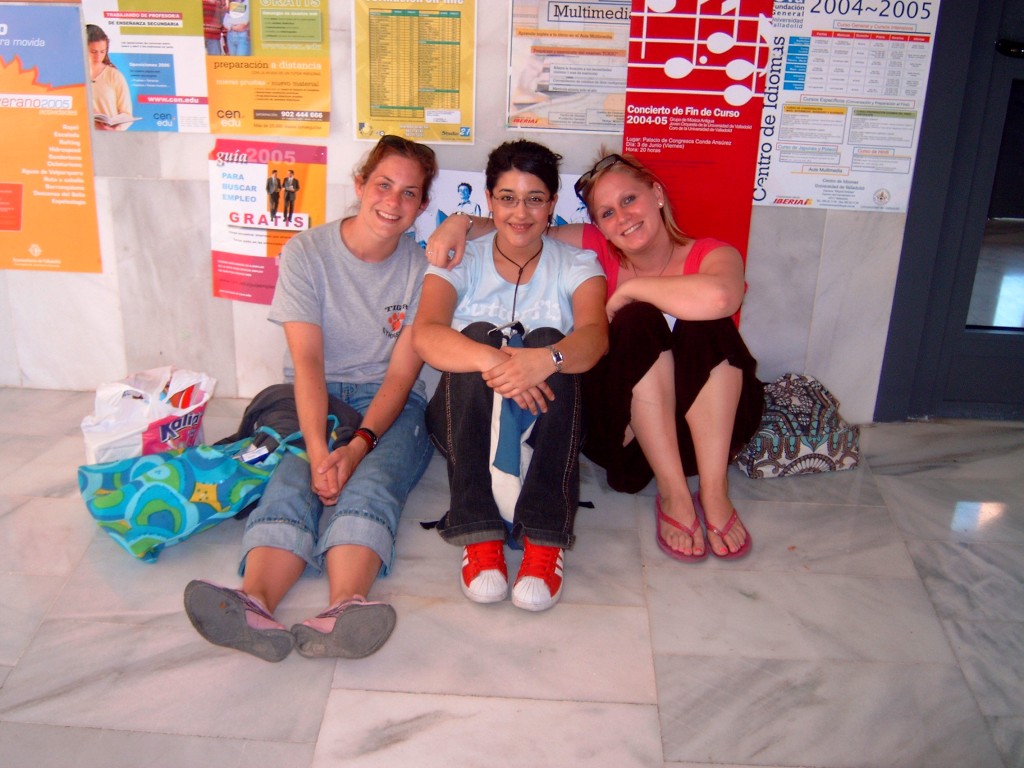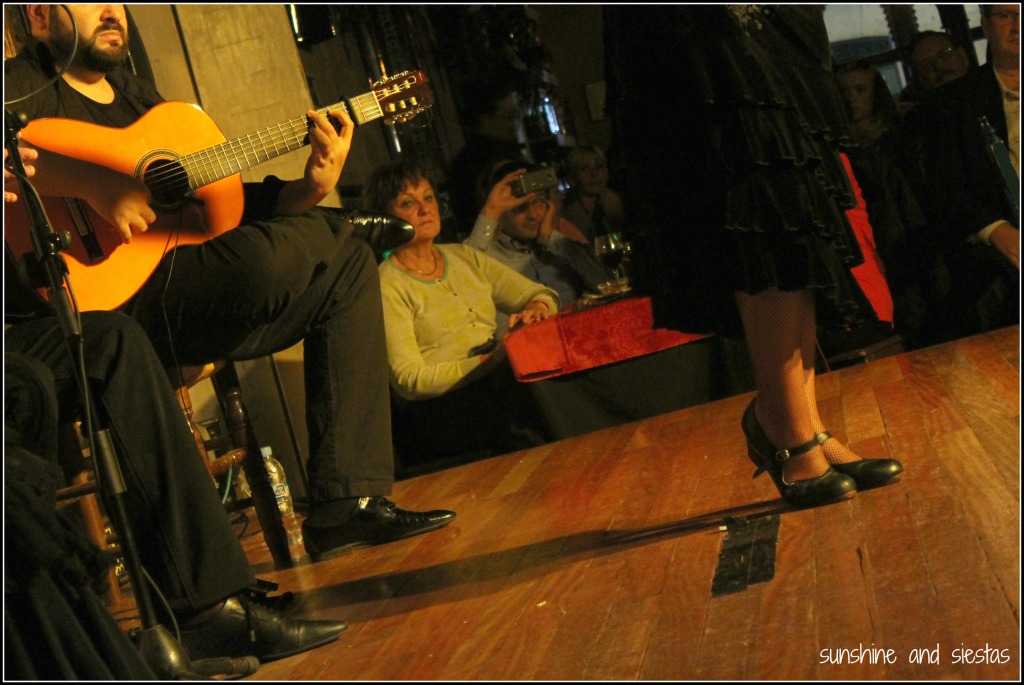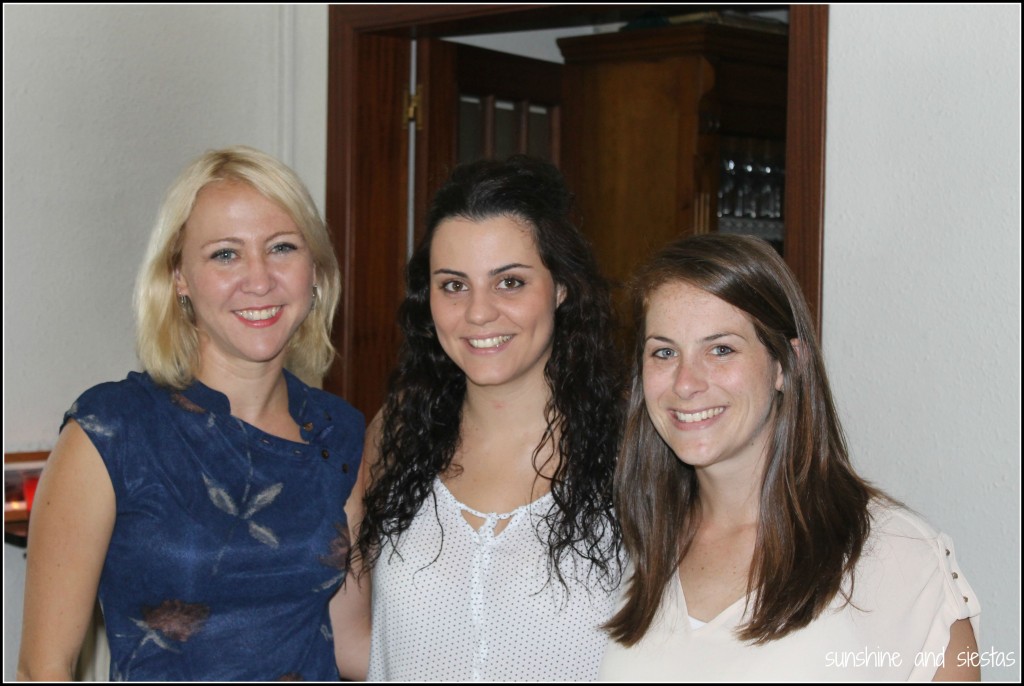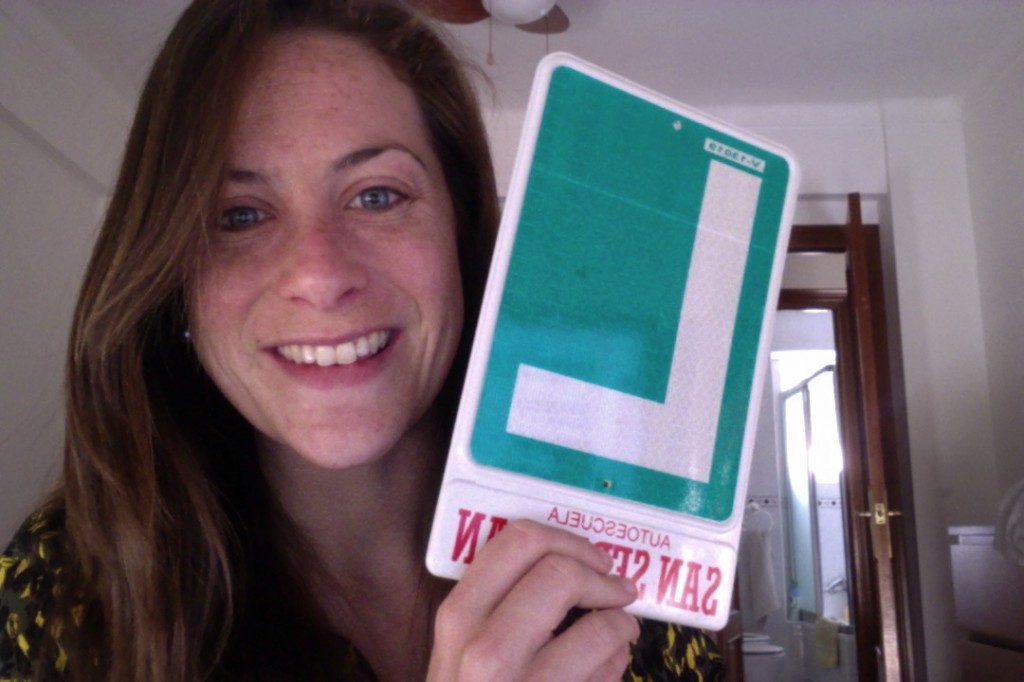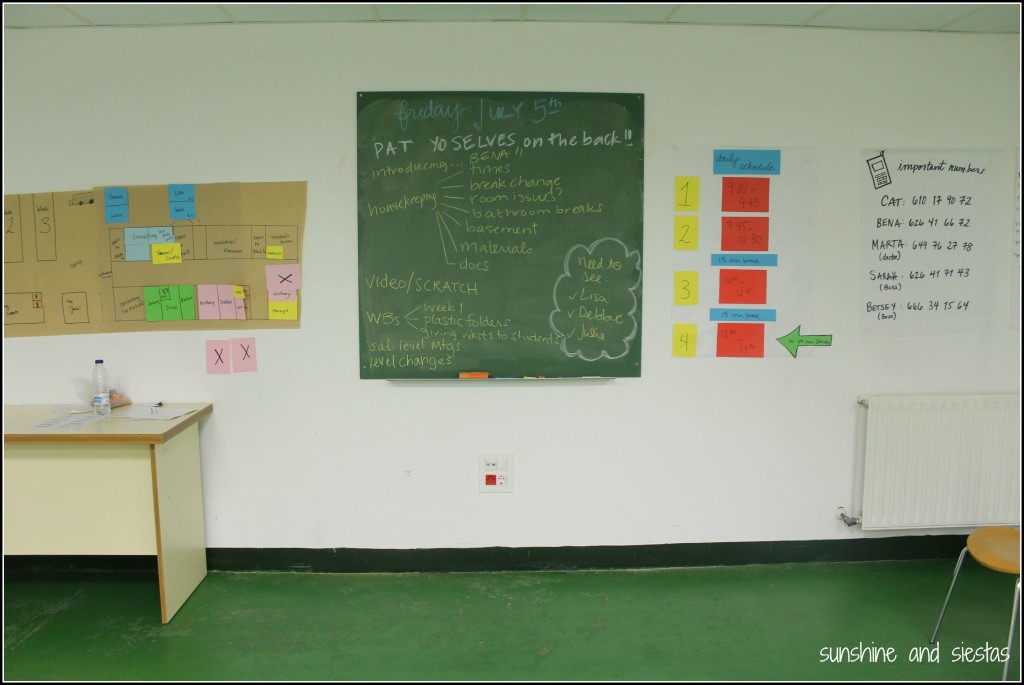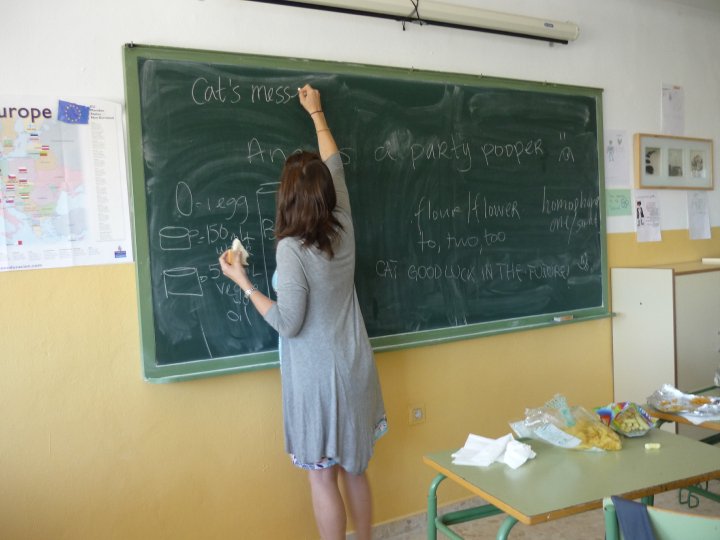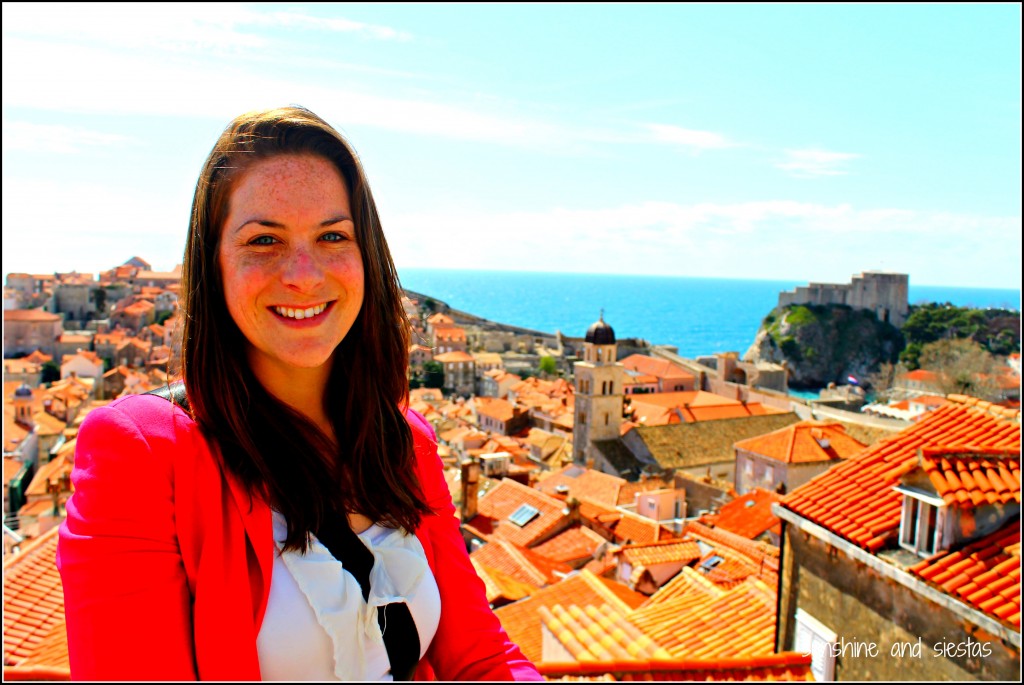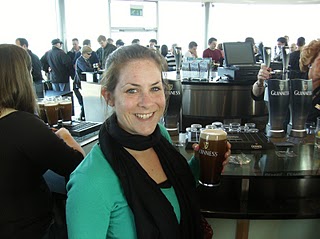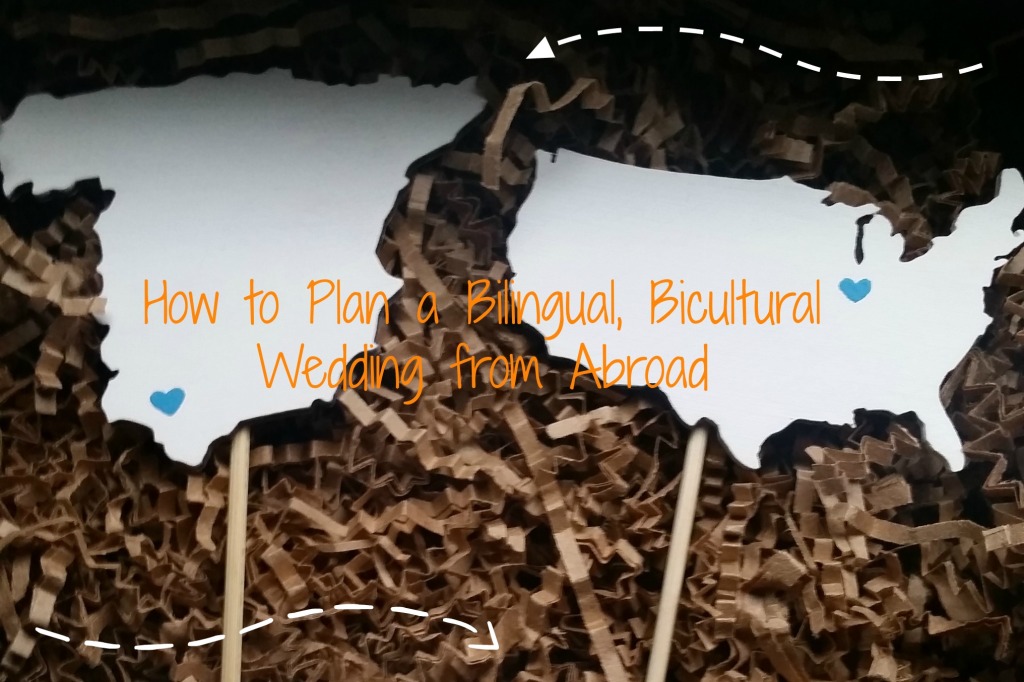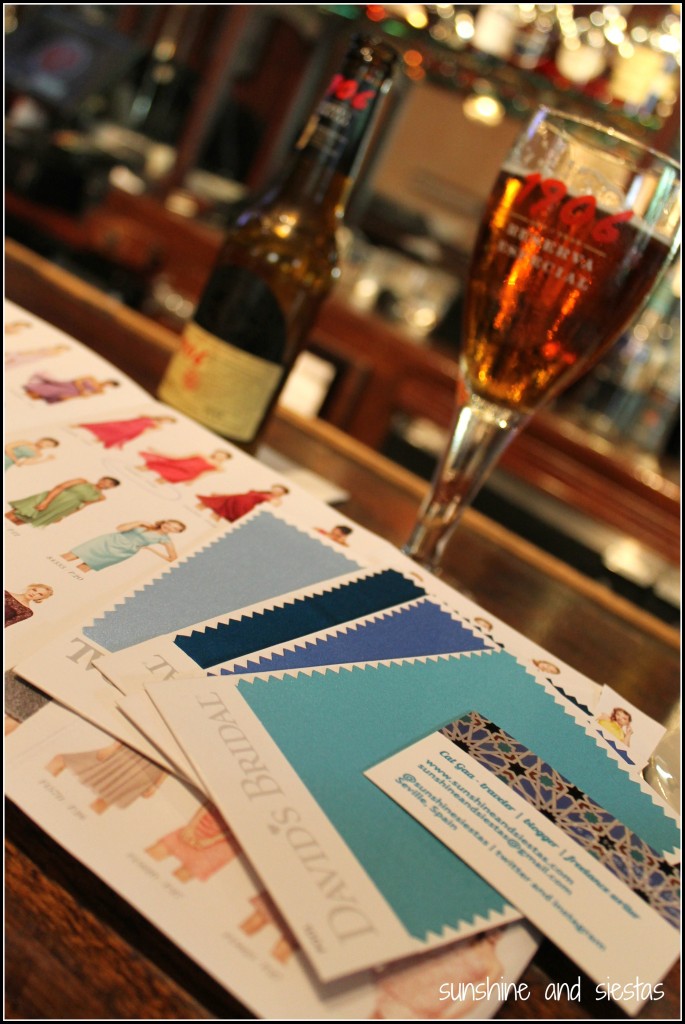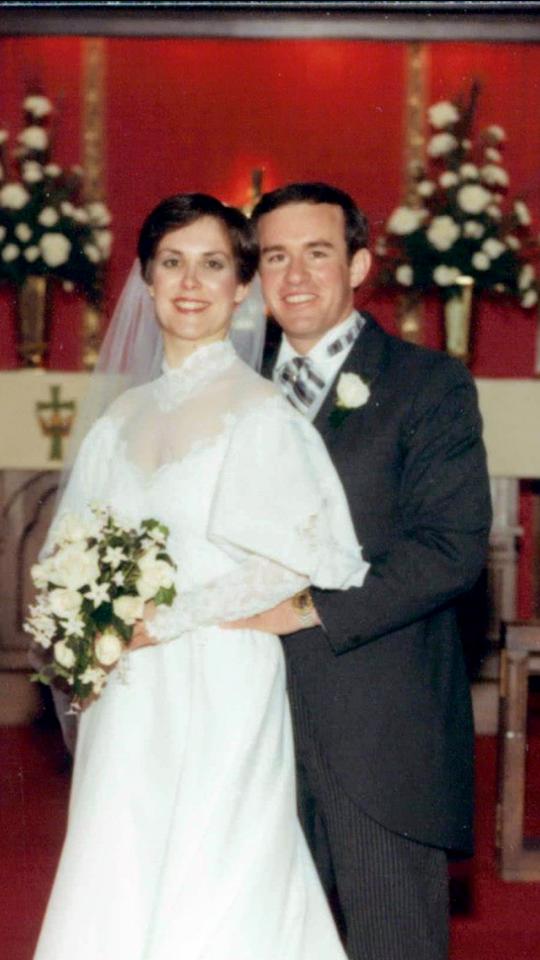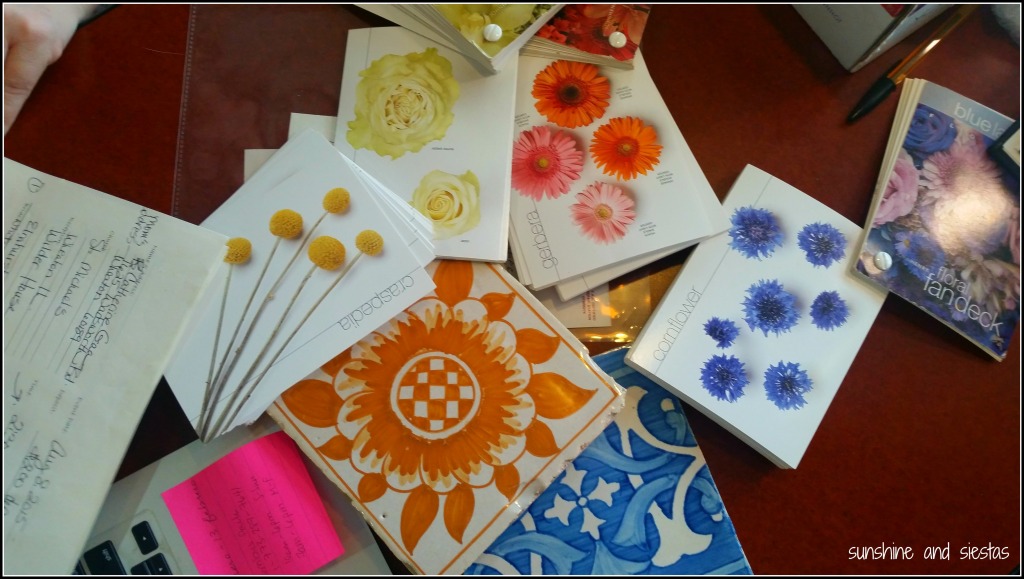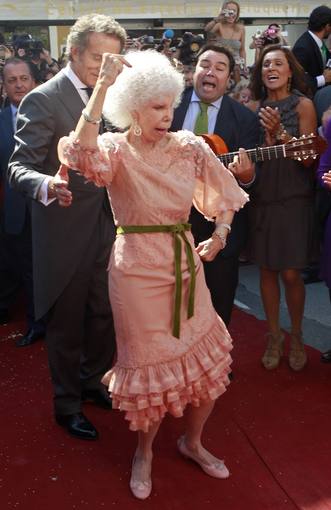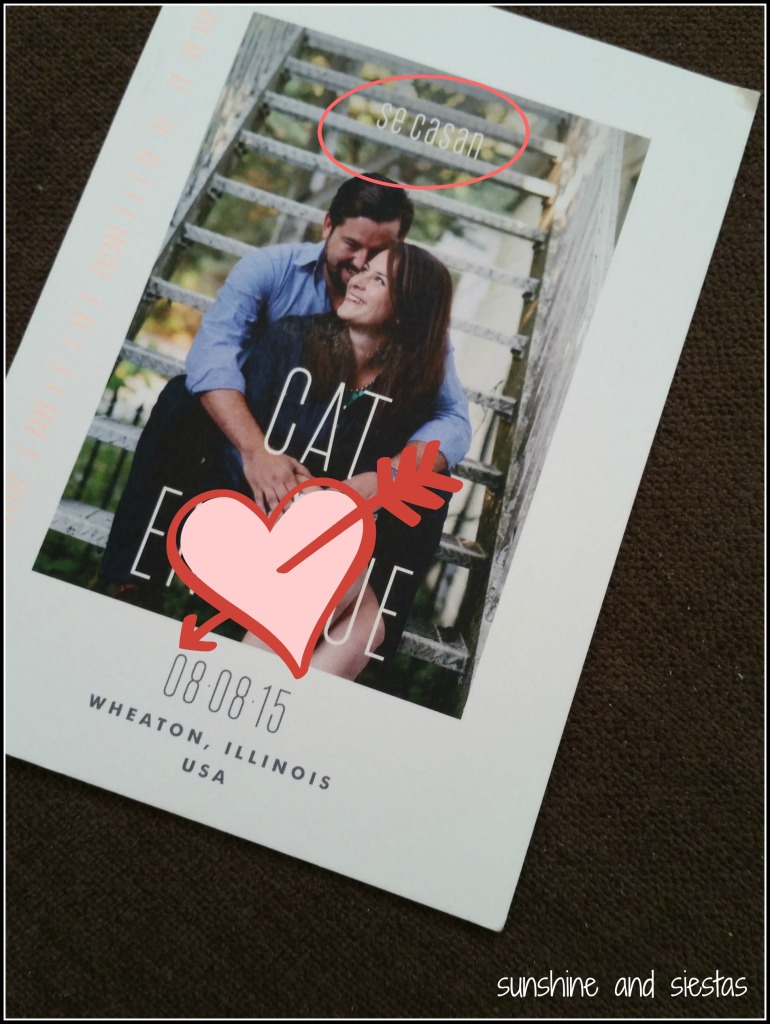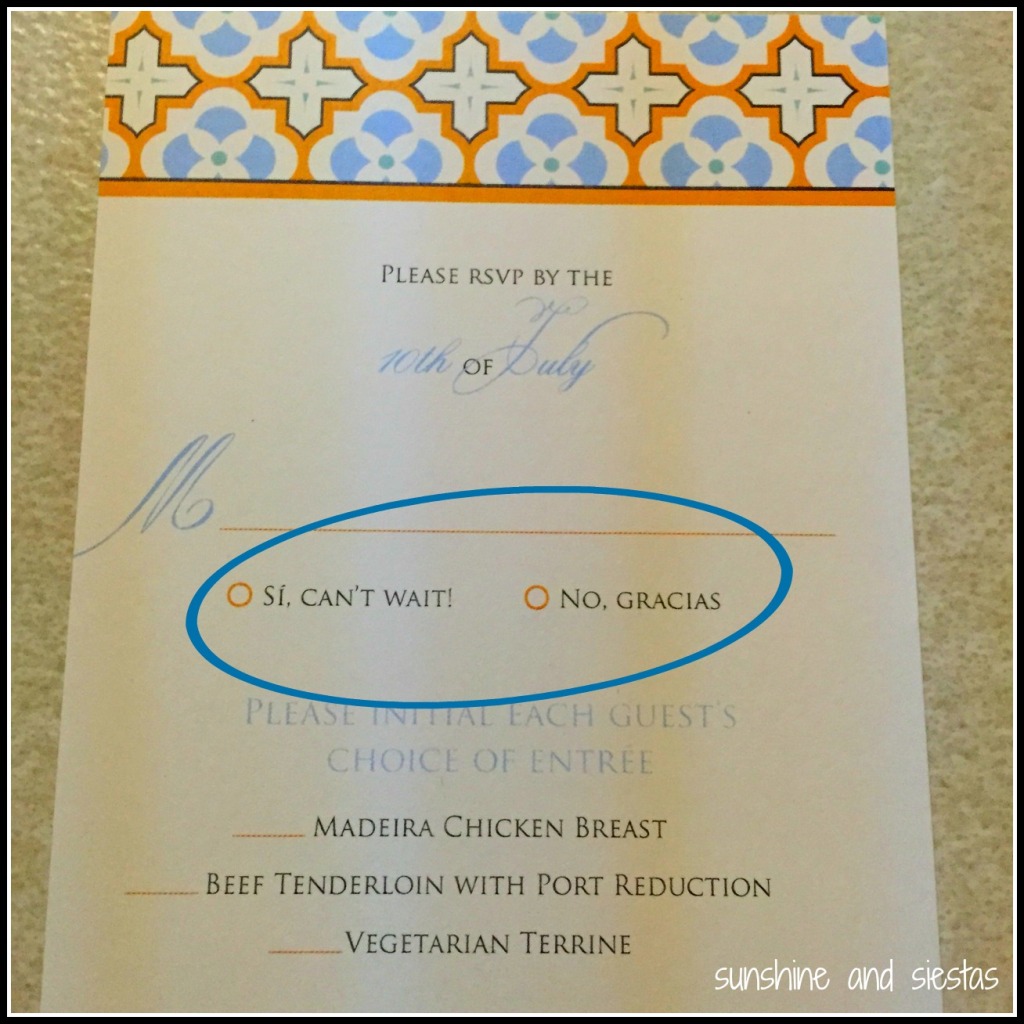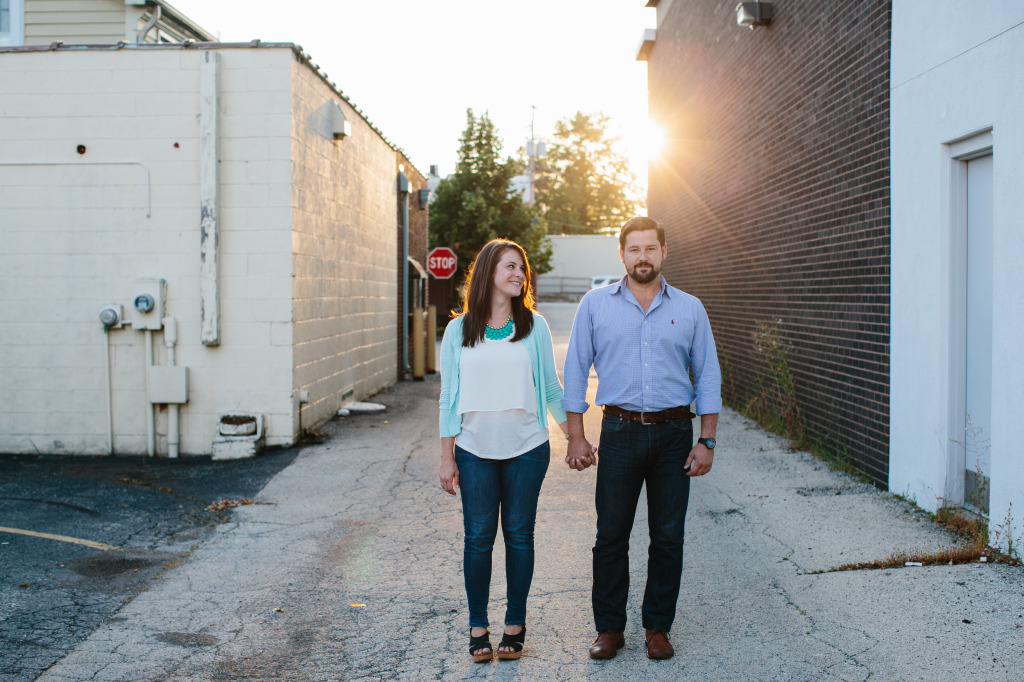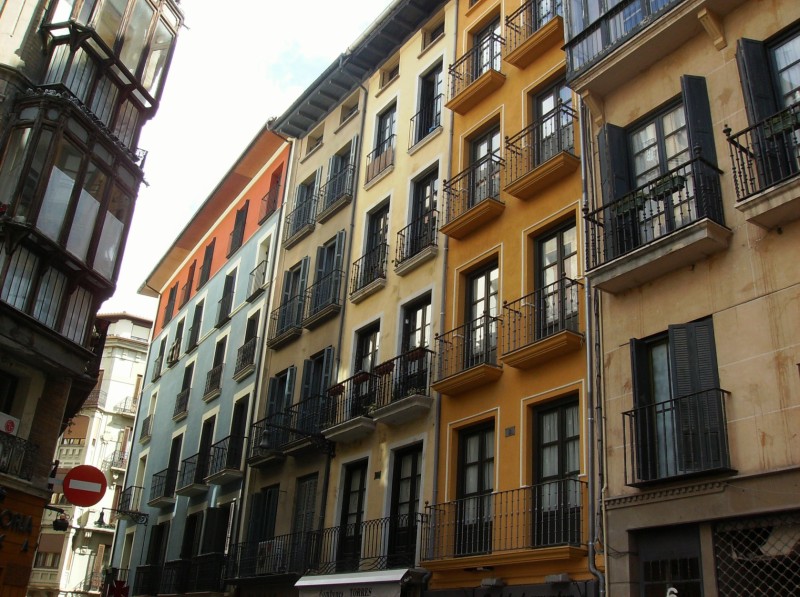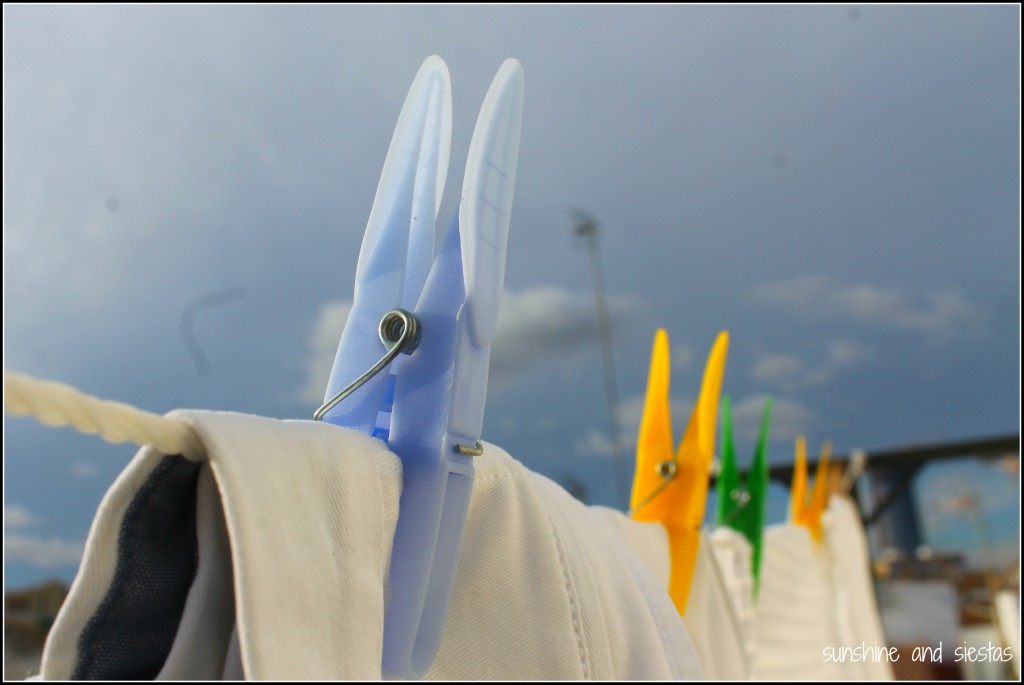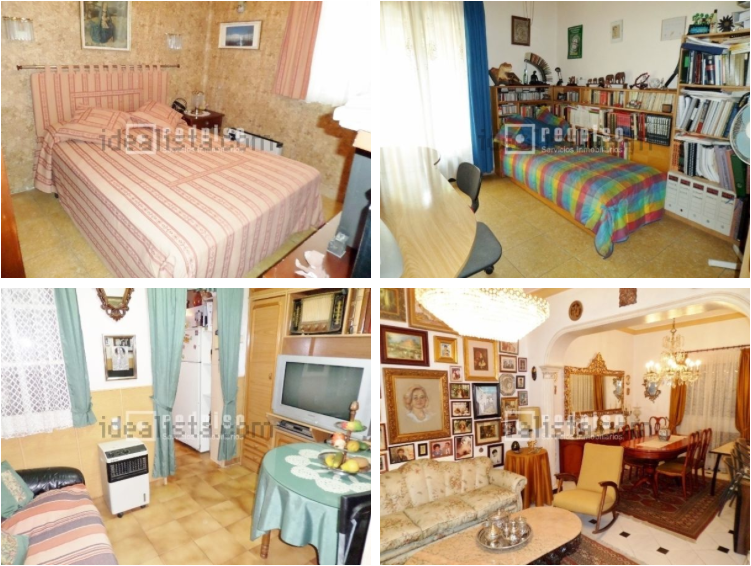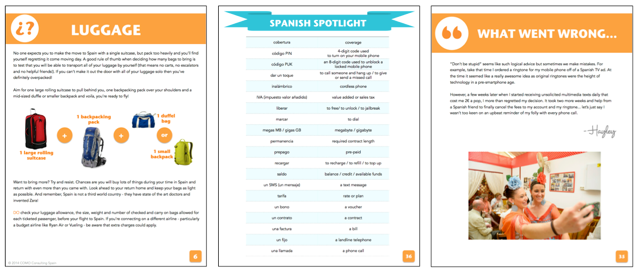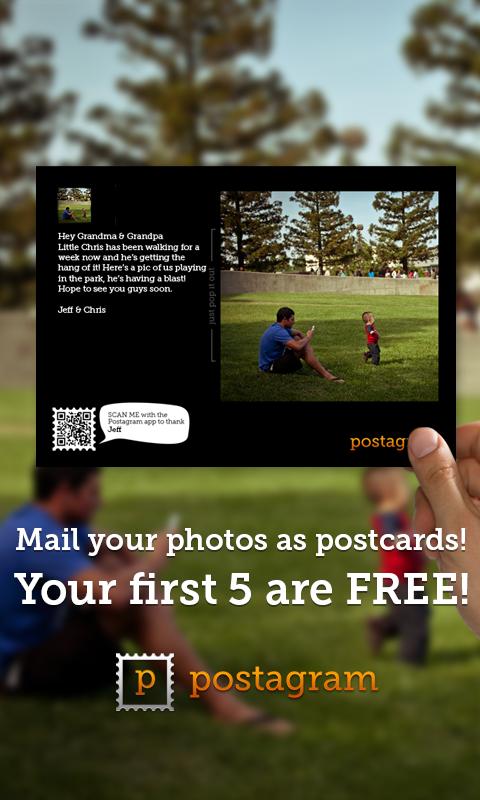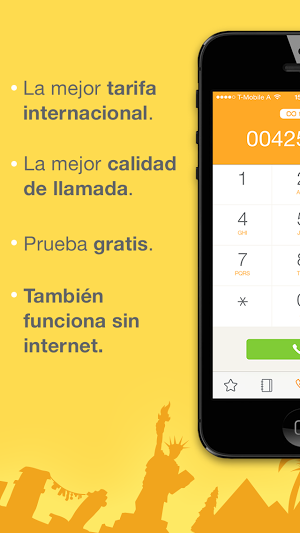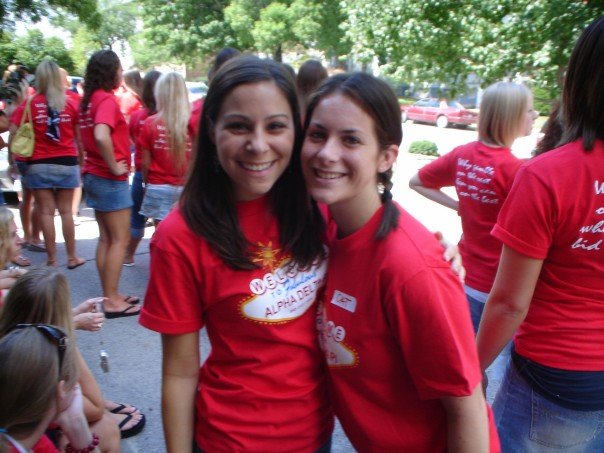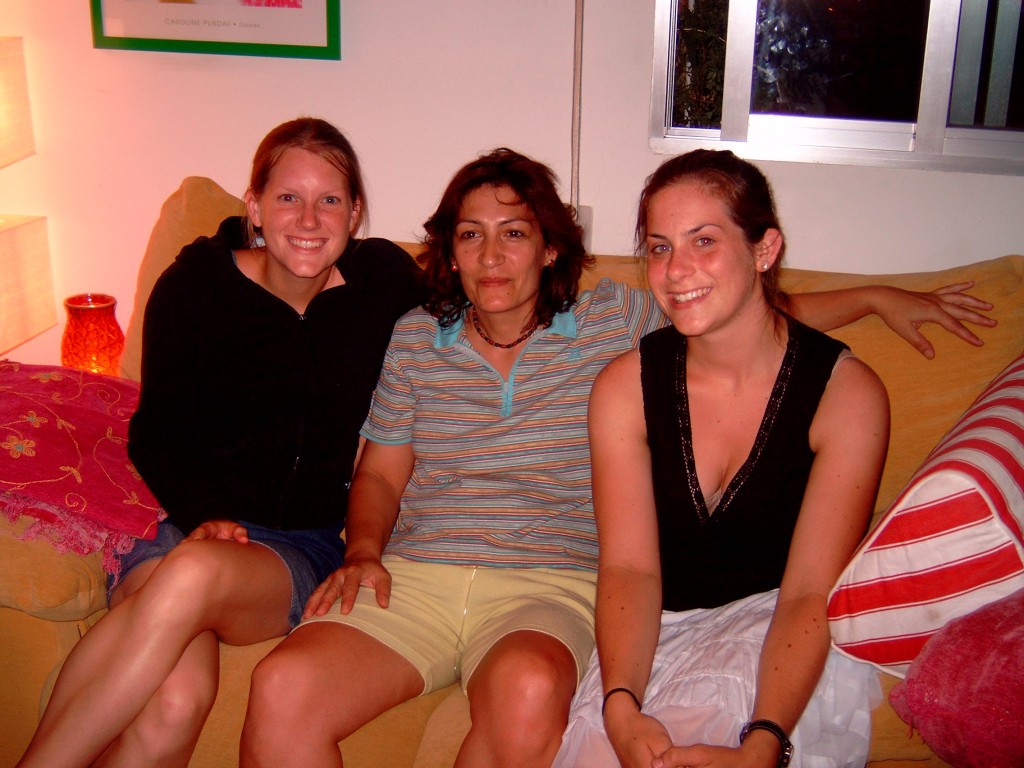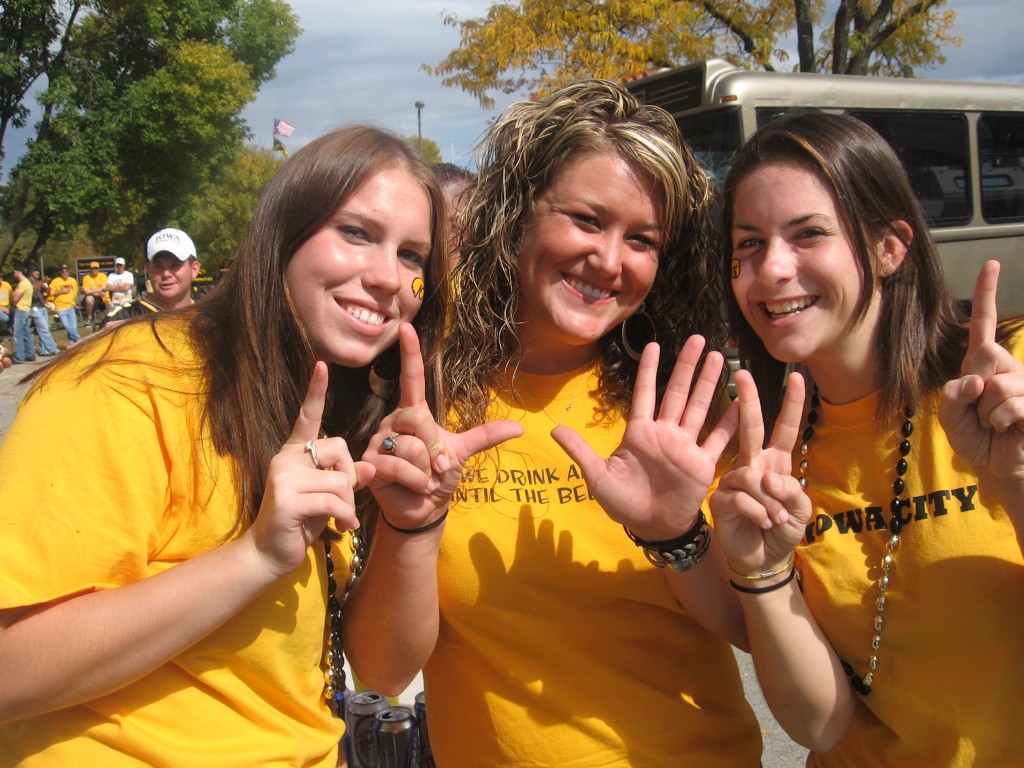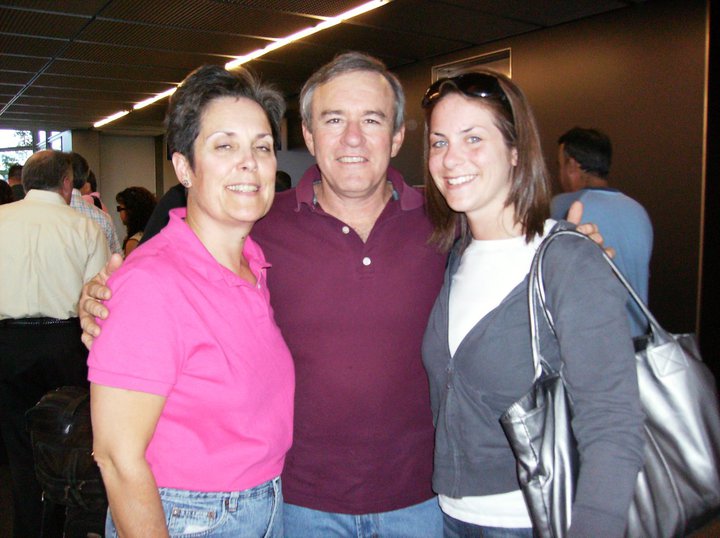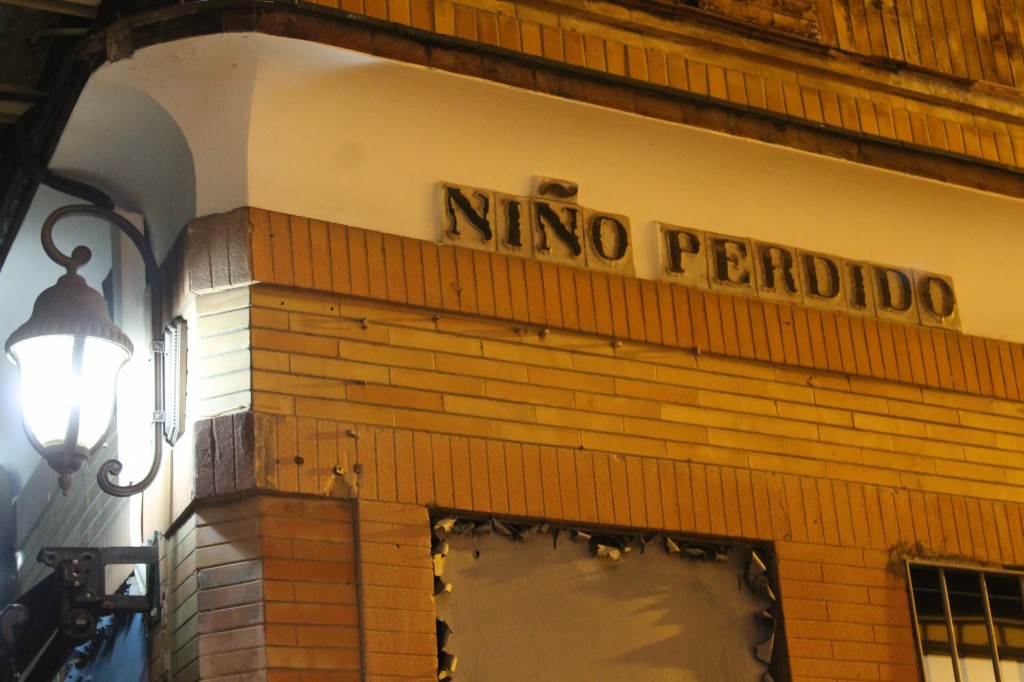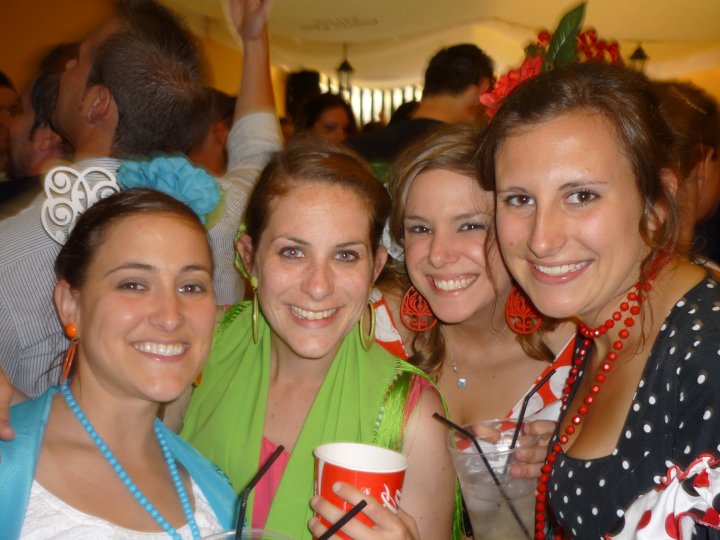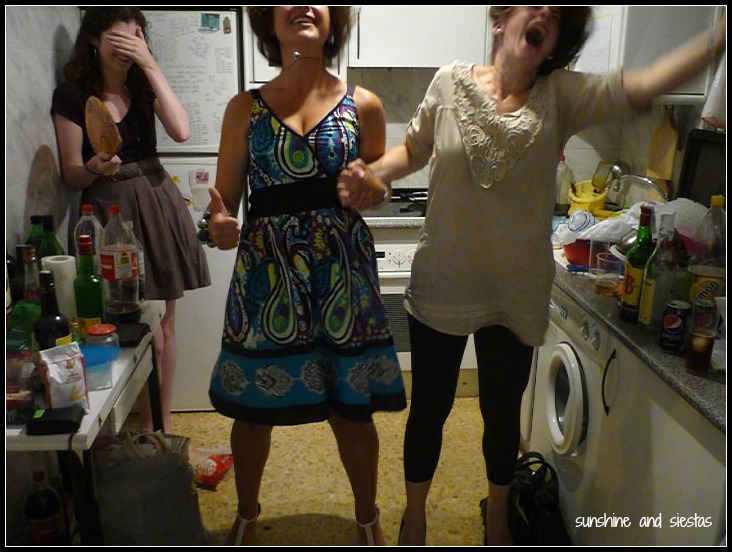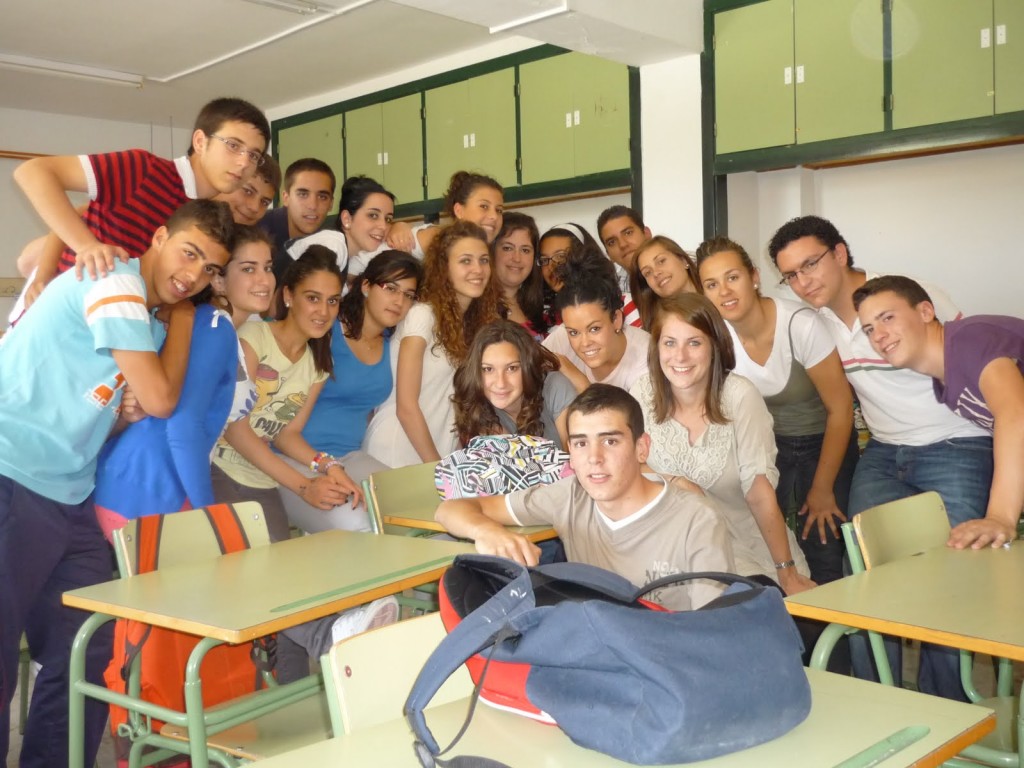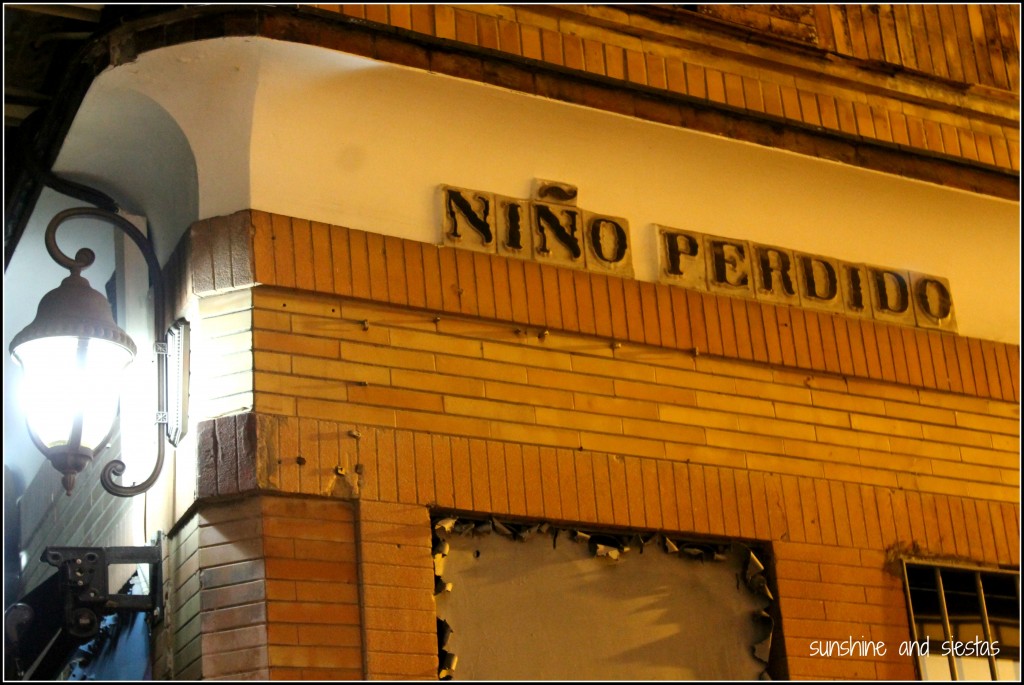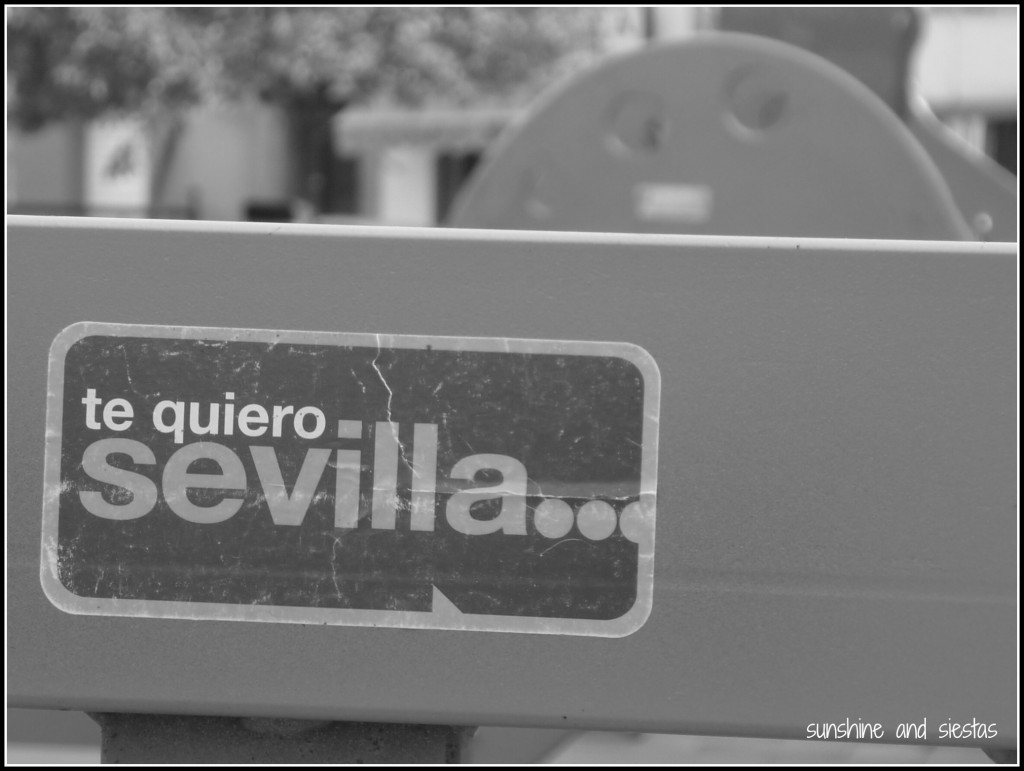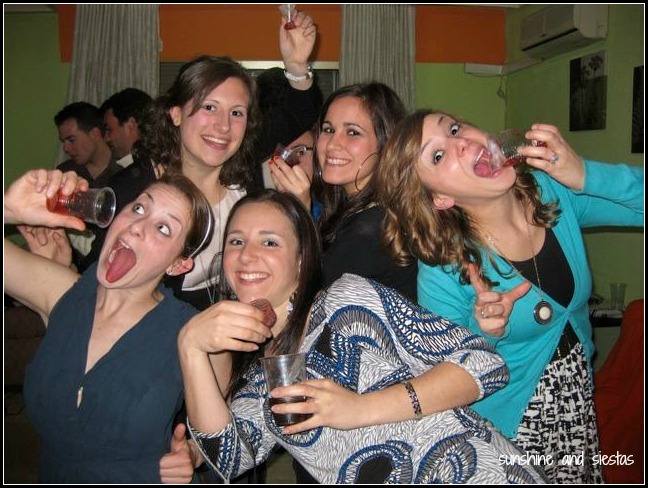Turning 16 was a big deal. So was turning 18, then 21 and even 25. But 30?
A week before reaching my fourth decade, I got married to someone I’ve been with for nearly a quarter of my life. My actual birthday went by quietly – a happy hour with a dozen friends, the Chicago Air and Water Show, my great aunt’s 90th birthday. Is this the sound of growing up?
Before my 25th birthday (one that, admitedly, always sounded scarier than 30), I made a list of three things I wanted to accomplish before that milestone. But then I realized that my brain and my lifestyle weren’t ready for those things quite yet. I can safely say that my 20s were wild, unstable and apparently meant for setting up the rest of my life.
Turning 30 in August felt like the start of a new chapter, marcado by a small celebration and a shedding of a young woman with big dreams and ambition. And questionable fashion choices.
Learn Life
1. Learned a Second Language (and tried a third)- Maybe a third of this list is the product of learning to speak Spanish. In eighth grade, my grades qualified me for either an hour of French or Spanish a day. I said francais, Nancy demanded español.
As it turns out, I am pretty good at speaking Spanish – my teachers in high school convinced me to take the AP Test for college credit, and I minored in Spanish before taking an immersion course in Valladolid.
You know the rest of the story, amigos.
And I got to learn French after all. I took a year of Elementary French in college and dabbled in private lessons in Seville one year.
2. Attempted to Learn a New Skill – When Cait convinced me to join her Tuesday and Thursday night for flamenco class, I reluctantly bought the zapatos de clavos and showed up at Latidos. I was in a job I hated, the Novio was on an overseas mission, and I lived far from my friends. I looked like a fool with every punto and golpe as a particularly sweltering June rolled on, but I was happy to try something different – no matter how short-lived.
Some time this decade, I’d like to relearn how to sew, brush up on my photography skills and maybe even learn to fly a plane.
3. & 4. Done a Master’s, and do it in Spanish – On my short list of things to accomplish between college and turning 25 were three things: become fluent in Spanish, move abroad for one year and complete a master’s program.
I was accepted to study Public Relations 2.0 at the Universidad Autónoma de Barcelona at age 26 but didn’t actual begin classwork until after my 27th birthday, and then spent endless nights designing communication campaigns and dealing with whatsapps while teaching a full timetable. It was worth it, and I’m glad I waited.
To date, it remains one of my biggest accomplishments, especially when the jurado congratulated me on my creativity and my Spanish skills. Now if only I could find a job that paid more than cacahuetes!
5. Learned to Drive Stick Shift – My father has worked on classic cars for as long as I can remember, but I could do little else than squish in the front seat with my sister. Learning to drive stick and break myself from automatic driving after 12 years was a challenge, but I’m ultimately glad I did it. No more worrying about tickets or paying more for a rental!
I failed my first American driving license at age 16, so this feels like retribution against the nasty lady who flunked me after telling me I was a great driver. And my dad finally let me drive his car.
Job Life
6. Been a Boss – Being a boss is hard work. Like, really hard. I had my first taste of it at age 18 when I managed a Qdoba and still had friends at the end of the summer, but stakes are higher as you grow older.
I’ve run summer camps for four years and am starting a third year directing a language school. I’ve made as many friends as enemies in the business, but have learned the value of a hard day’s work, of being assertive and of being confident enough to put my ideas into space. Plus, I don’t feel lost in the fold.
I was recently speaking with a sub-director of a large language school who told me, “Mejor ser cabeza de ratón que cola de león.”
7. Become Confident Enough to Speak in Public – My high school required every sophomore to take a course in communication studies, where we learned to prepare and give speeches.
My first, on airline industry issues, resulted in an A in research and a D in delivery.
As an overachiever, I couldn’t stomach a nearly failing grade (everything under 85% as failing for me then), so Comm Studies became my favorite class. I took public speaking courses throughout college before deciding to give teaching a shot. In both English and Spanish, I have no qualms standing in front of someone (or many someones!) and giving a speech or interview. Though I do fumble over the phone…
After all, it takes cojones to stand up in front of a bunch of surly teachers and try to teach them something.
8. Had a Job in Retail, and One in Customer Service – Always the kid with a million interests, I’ve done everything from work in a deli to donate plasma to call alumni for money to make a buck. From every one of these experiences, I’ve learned a new skill or two, but working with people has by far been the most beneficial.
9 & 10. Become Financially Independent (and Learned How to Budget) – I was having a beer with a friend who once lived in Spain and has since become a legal aide lawyer. She said, “Don’t you remember all the disposable income we used to have when we were auxiliares?”
Ugh, those were the days, but money stressed me out way too much because it all went to plane tickets and tapas!
As someone with an entrepreneurial spirit, I’ve always found creative ways to make it until the end of the month, but buying a house last year really threw something else into the mix. A year after again fretting over money, I’ve learned how to budget and kept my impulse buys at bay (it’s been 18 months since I have traveled anywhere outside Spain or the USA!). I guess it’s the adult thing to do, even though cervecitas have a way of racking up.
11. Started a Business – Having a 9-to-5 is not enough for me. When I first moved to Spain, I began working for a company that was in its baby stages and felt the excitement of forging out on your own. While I didn’t stay in the company very long, I’ve happily supported their venture.
Sunshine and Siestas in itself is a business of sorts, but most of my energy in the past few years has been focused on COMO Consulting Spain, a residency consultation bureau. It’s terrifying to think about becoming an autónoma and having a variable income each month, but there’s no other way to make money in Spain.
Travel Life
12. Walked the Camino de Santiago – One of most memorable moments in Spain was finishing the Camino de Santiago and laying eyes on the Praza do Obradoiro as if I’d never seen it before. After 325 kilometers and endless plates of food to keep my body fueled, the old lema – The Camino always provides – rang true.
I learned more about my body, my mental grit and the importance of silence and reflection in those two weeks than I had in all of my life. Hayley and I met some amazing people and saw Spain from the ground up. There’s something really special in having nothing to do but strap on your boots and keep putting one foot in front of the other.
13. Traveled Alone – I was bummed when Jenna bailed on me in Croatia. We were supposed to spend five days along the Dalmatian Coast, but her last-minute plans had her canceling her flight just days before we were scheduled to take off.
I went anyway, after a short foray into solo travel in Italy earlier that year.
Traveling alone quickly became one of my favorite ways to disconnect, to travel on my own accord and to do and see what I felt like. Too many times I felt that I’d ticked places off of a list just to not miss out on anything, felt obligated to only talk to my travel partners. Croatia felt like a safe and accessible destination to do that, and I spent five days reading lazily with my feet in the sand and meeting couples who invited me to pizza or local Couchsurfers who showed me around town.
If you only travel once in you lifetime, do it solo.
14. Traveled to 30+ countries – When my uncle turned 70, he recounted tales of living abroad as a career soldier. I resolved to travel as often and as far as I could, having booked a trip through for European countries that summer. My goal was 25 before 25.
At my wedding, he confessed that he’d grossly exaggerated (something I’d come to know in the last 15 years) when he called himself responsible for my wanderlust and consequent marriage.
Hungary was number 25, and as we pulled into the bus station at dawn on a March morning, I felt very little emotion. Yes, I’d been up all night on a bus, but I felt like it wasn’t enough. I’m on a mission to see at least 50 in my lifetime (currently at 32) and feel like this world is only getting bigger.
15. Visited my Ancestor’s Home Countries – When I found out about the bountiful long weekends in my auxiliar schedule, I began booking flights and draining my savings. Within five months of arriving in Spain, I’d been to Ireland, Scotland and Germany, visiting places where my family once lived.
As a third generation American, I’m about as guiri as they get, but as a traveler and expat myself, it took on a whole new meaning to touch down in the very places my family had come from. I loved and connected to Ireland so much that I’ve visited four times!
16. Traveled to Places like Morocco and India as a Woman – Once I’d conquered Europe, I had an overwhelming need to visit places a little more far-flung. RyanAir opened a route to Marrakesh in 2010, and a SkyScanner promo had me in India for half the cost of returning to the US. Those trips were taxing on me in many ways, but as a confident woman, I felt that I needed to do them before settling down.
Travel has certainly broadened my horizons and given me perspective on social and civil issues in a new way. As I close this decade out, I know that I’ll literally be hitting the breaks as we talk family, finances and what comes next (please, cry. I know – I’m the worst). Thirty-two countries and four continents isn’t terrible, though!
Next week I’ll disclose 17 – 30.
What have been your biggest lessons or accomplishments in your life?
